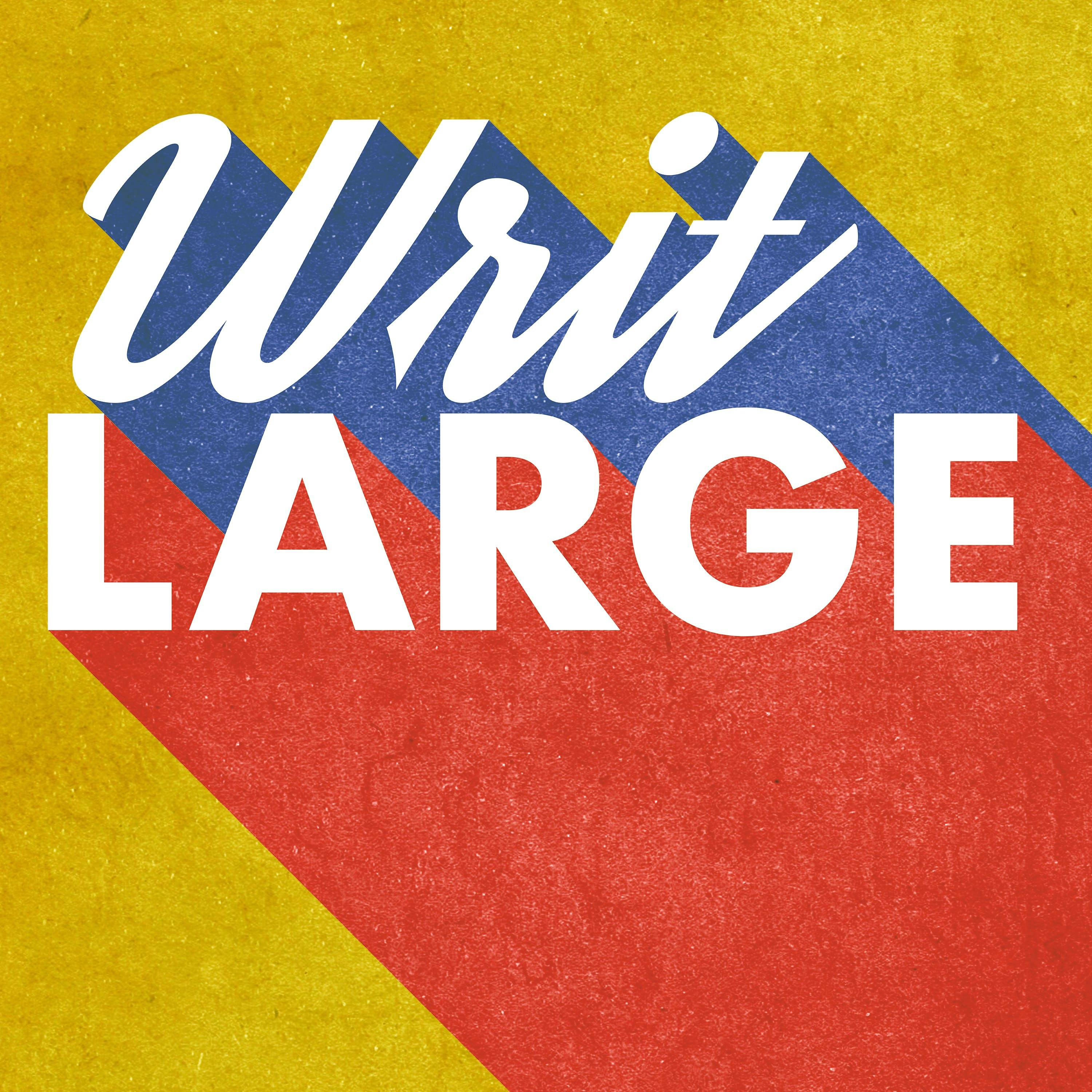On "Grimms' Fairytales"
Description
You probably already know the story of Snow White—as well as Little Red Riding Hood, Briar Rose, The Frog Prince, and so many others. These tales have a rich history of oral storytelling. They’ve travelled through culture, adapted and readapted in each retelling and reaching as far as the popular Disney movies that our kids watch over and over. Jacob and Wilhelm Grimm saw the power of this folklore and made it their life’s mission to compile and preserve it. But while we tend to think of Grimms’ Fairy Tales as stories for children, the themes found in Jacob and Wilhelm’s book can be pretty mature…and a little dark. Columbia professor Annie Pfeifer discusses how the Grimm brothers ended up creating a whole new literary genre and their stories have been shaped and molded throughout history. Annie Pfeifer is an Assistant Professor of Germanic Languages at Columbia University. She has published articles in The New German Critique, German Life and Letters, and the peer-reviewed volumes Que(e)rying Consent and Iran and the West and edited a collection of essays titled “Walk I absolutely Must” in 2019. See more information on our website, WritLarge.fm. Follow us on Twitter @WritLargePod.
Learn more about your ad choices. Visit megaphone.fm/adchoices
More Episodes
Martin Heidegger did not like small thoughts. He was fascinated by the most expansive questions humans can ask themselves. Questions like: Why are we here at all? Why do things exist as they do? What does it mean to be in the world? Heidegger came to believe that many of the modern answers to...
Published 12/21/22
Published 12/21/22
In Paris in 1953, one of the strangest and most popular plays of the 20th century premiered, Waiting for Godot, written by the Irish writer Samuel Beckett. Since the premier, people have been trying to figure out what this play means. It’s been interpreted in countless ways, with no definitive...
Published 12/20/22


